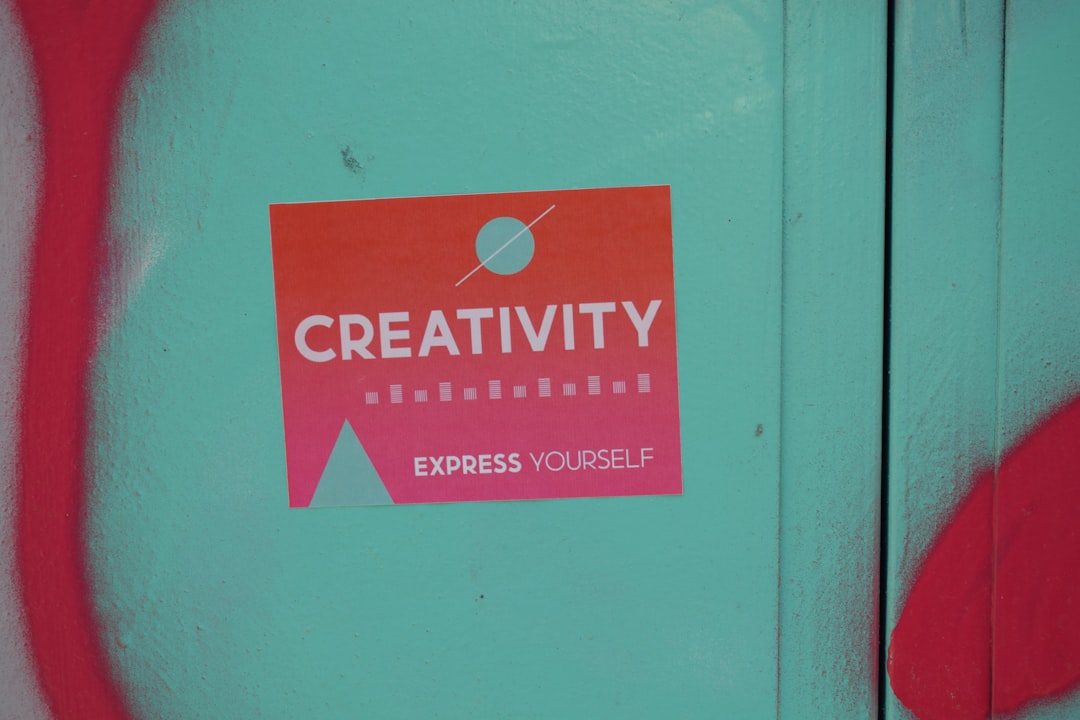Managing social media can be overwhelming, especially for businesses and influencers juggling multiple platforms, followers, content strategies, and performance metrics. Thankfully, AI-powered social media management tools are revolutionizing the way we create, schedule, and analyze content, making it easier to achieve impactful results with less time and effort.
What Is AI-Powered Social Media Management?
AI-powered social media management refers to the use of artificial intelligence technologies to handle various aspects of social media activity such as content generation, optimization, scheduling, engagement, and analytics. These systems can automate repetitive tasks, analyze huge volumes of data in seconds, and even suggest content strategies tailored for specific audiences.
Why AI Matters in Social Media Today
In a crowded digital space, posting consistently and understanding what resonates with your audience is crucial. AI tools offer several benefits that enhance social media strategies:
- Time efficiency: Automate content creation, caption writing, and scheduling.
- Customization: Personalize posts for different platforms and audiences.
- Data-driven decision-making: Gain insights from advanced analytics.
- Increased engagement: Discover the most effective times to post and the right content formats to use.
- Cost savings: Reduce the need for large marketing teams by automating workflows.
Top AI Features You Should Be Using
Modern AI tools offer a wide range of features that can completely transform your social media approach. Here are some of the most impactful:
1. Content Creation Assistance
AI can help generate high-quality captions, hashtags, and even full-length social media posts based on your inputs or trending keywords. Some tools use natural language processing (NLP) to imitate your brand voice, maintaining consistency across posts.
2. Visual Content Generation
Some platforms now offer AI-generated images and videos based on prompts or pre-existing themes. This can be useful for creating stunning visuals quickly, tailored specifically to your niche.

3. Smart Scheduling
AI tools analyze past data to recommend the best times to post on each platform for maximum visibility and engagement. They can also automate the actual posting, freeing you to focus on strategy.
4. Sentiment Analysis
Understanding how people feel about your brand or products online is crucial. AI-driven sentiment analysis reviews comments, mentions, and messages to determine whether the feedback is positive, neutral, or negative, helping you manage brand reputation proactively.
5. Performance Analytics
AI platforms can deliver real-time analytics on post performance, follower growth, engagement rates, and more. This allows you to quickly adapt and optimize future content strategies without manual tracking.
6. Trend Prediction
AI tools can scan social platforms and news sources for emerging trends in your industry, giving you a head start in capitalizing on content or campaigns that align with what your audience cares about.
Choosing the Right AI Tool: What to Look For
With so many tools available, it’s important to choose one that fits your needs. Here’s what to consider:
- Usability: Choose a platform with an intuitive interface that simplifies, rather than complicates, your life.
- Platform Integration: Make sure it supports all the social networks you use — such as Instagram, TikTok, YouTube, LinkedIn, and Twitter/X.
- Content Support: Can it support video, gifs, carousels, and stories?
- Customization: Look for tools that allow you to customize your content for different target audiences.
- Analytics Depth: The tool should provide in-depth reports, not just surface-level insights.
- Pricing: Consider whether the cost fits your budget, especially if you’re a startup or a solo influencer.
Popular AI Tools in the Market
Here are some well-known, AI-powered platforms that businesses and influencers swear by:
- Lately.ai: Ideal for generating content from long-form sources like blogs or podcasts.
- Canva with Magic Write: Great for visual content creation and AI-assisted caption writing.
- Hootsuite’s OwlyWriter: Helps automate post generation and scheduling across multiple accounts.
- Loomly: Offers smart post suggestions and tracking for team-based workflows.
- Brand24: Uses AI for real-time sentiment monitoring and brand tracking.
Use Case: Influencers vs Businesses
Although both influencers and businesses use social media tools, their needs might differ slightly. Here’s a comparison:
For Influencers:
- Focus on personal brand consistency and tone of voice.
- Use AI to generate fresh content ideas based on followers’ interests.
- Schedule content around real-life events, collaborations, and peak audience times.
- Use sentiment analysis to manage reputation and handle negative comments promptly.
For Businesses:
- Streamline the efforts of marketing teams with collaborative AI tools.
- Identify high-performing content to use for ads and promotions.
- Analyze competitive brands using AI-powered benchmarking tools.
- Create large campaigns using generative content tools to speed up production across multiple products or services.

Real Results from AI Social Media Tools
According to social media management agency reports, businesses using AI-powered tools experience up to 70% higher engagement due to better content timing and quality. Influencers often report significant follower growth within a few months simply by using AI features like hashtag optimization, sentiment tracking, and trend alerts.
One small e-commerce brand saw a 40% increase in click-through rates after implementing AI-generated product captions aligned with seasonal trends. An influencer in the fashion niche doubled her reach on Instagram Stories by optimizing content timing and leveraging predictive performance insights offered by AI software.
Best Practices for Successful AI Integration
To make the most of AI-powered social media management:
- Still keep a human touch. AI can write captions, but authenticity matters. Customize AI-generated content with your unique voice.
- Start small. Test AI tools on one or two platforms before fully integrating them into your strategy.
- Monitor and adjust. AI tools evolve. Regularly review performance and tweak settings to match changing trends.
- Mix automated with manual. Use AI to handle repetitive work, but personally engage with your audience for better relationships.
The Future of AI in Social Media
AI is moving fast. Emerging technologies like GPT-4, real-time image generation, and emotionally intelligent bots will soon allow for even more immersive and dynamic content strategies. The rise of AI influencers and augmented reality integrations also hint at a more futuristic digital engagement model that will go far beyond static posts and comments.
As more platforms begin to integrate AI natively, users — whether businesses or influencers — will have unprecedented access to tools that were once the domain of large corporations with huge marketing budgets.

Conclusion
AI-powered social media management is not some passing trend; it’s the new standard. Whether you’re a small business owner aiming to boost sales or an influencer looking to grow your personal brand, these tools offer the speed, insight, and automation needed to compete in today’s digital world.
Start by identifying your biggest time-sinks and content challenges, and experiment with one or two AI platforms to see what fits best with your workflow. With consistent use and smart customization, you’ll not only save time but also improve your reach and impact like never before.